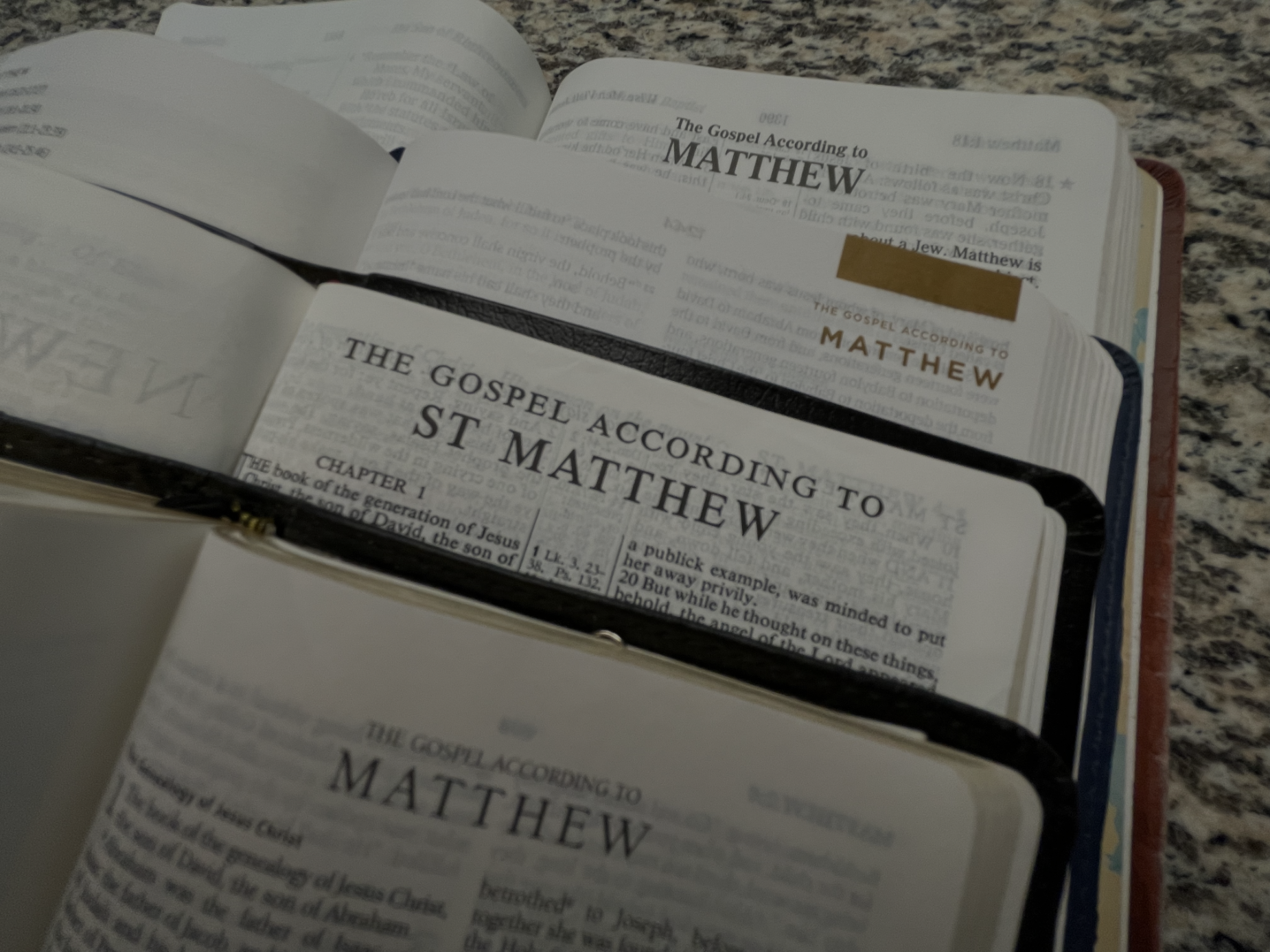Religious Words
Welcome to the blog! Let’s get something out of the way here in the first post: Religious words are weird. And, yes, having grown up as a card-carrying “church kid,” I know I use about as many as anyone on the planet. But, that doesn’t make it any less true.
Religious people say weird words and they ask simple sounding questions loaded with hidden meaning. For example, what normal person knows how to respond to the question “Have you obeyed the gospel?”
What’s a gospel? How do you obey one? Though we’re usually well-intentioned, religious people are often very confusing.
Sometimes there’s a good reason for plugging difficult concepts into shorthand vocabulary. But, other times, it allows our true meaning to get lost, distorted, or just misunderstood.
Many people know that gospel literally means “good news.” But, what is the “news?” And what, exactly, makes it so “good?”
So, here’s the “good news” of the gospel without all the strange words you’d hear in a church. To the best of my human abilities, this is the simple good news.

The Simple Good News
There is a God. He made every single one of us for the special purpose of loving and obeying him. But, even though he loves us, we have all strayed from that purpose in various ways. This disobedience is why every person on Earth eventually dies. [1]
But, God has promised that those who trust in Jesus, his innocent immortal son, will be given life after death. This gift is not something that any of us could earn. It’s only possible because Jesus voluntarily became a mortal, died in our place, and then came back to life. His sacrifice repairs our damaged relationship with God and saves us from the permanence of death. [2]
That’s why those of us who love Jesus want to be more like him. Our genuine trust in him prompts us to make changes in our life. But, these changes don’t save us. Only Jesus can do that. [3]
Jesus said that, once a person begins to trust him, they need to be fully submerged in water (with someone else’s help) as if they’re a body being laid in a tomb. This ceremony, called “baptism,” does not repair our relationship with God just by getting wet. The relationship is only restored because Jesus died for us and came back to life. However, it marks that we’re moving on from our old ways of living, we’re asking God for forgiveness, and we’re ready to start learning how to obey him. [4]
Throughout our lives, there are many things for us to learn, do, and stop doing, as we continue to become more like Jesus. Noticeable progress is inevitable and necessary for someone who really wants to be like him. But, nothing we do makes us any more forgiven by God than the day we began. Thanks to Jesus, those he has saved are already perfectly right with God and will live with him forever after they die. That’s why we are grateful for what he did and want others to hear the good news too! [5]
References
- Genesis 1:1, Ephesians 2:10, Romans 3:23, Romans 5:12
- John 3:16, Romans 4:4-5, Romans 4:23-25, Romans 5:6-10
- John 14:15, Romans 6:1-2, Ephesians 2:8-9, Romans 8:3-4
- Matthew 28:19-20, 1 Peter 3:21, 1 Peter 1:3-5, [Romans 6:3-4, Acts 22:16, Acts 2:38]
- Galatians 5:13-26, James 2:14-19, Romans 7:21-8:1, Romans 8:9-11, Philippians 1:18

Comments
One response to “The Simple Good News”
[…] the Universe, only the Bible admits what it’s doing. But, as an introduction of the very core of the Gospel, Romans 1:17-23 doesn’t stop there. Unlike Atheism, it provides a basis for the […]